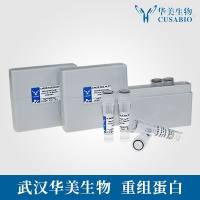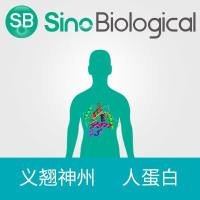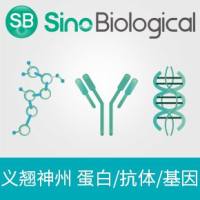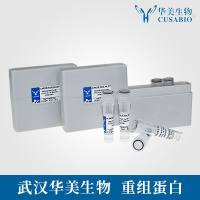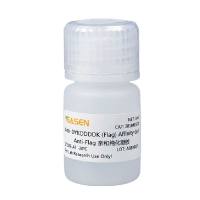Mucosal tissues undergo contraction and relaxation on a continuous basis. In its normal state, the pliable intestinal tract is characterized by a rhythmic pattern of contractions controlled by its intrinsic neuronal innvervation. In chronic inflammatory diseases such as Crohn’s disease, the intestine can become stiff and fibrotic, losing much of its normal motility. Although muscle fiber contraction accounts for much of this activity, contraction of nonmuscle tissue is constantly occurring in events associated with chronic inflammation, such as wound healing, scar formation, and tissue remodeling. However, the physiological and pathological mechanisms defining these events are not well defined. Tissue contraction is a dynamic event characterized by both intracellular and extracellular events. A number of cells, such as fibroblasts, epithelial cells, lymphocytes, and eosinophils, normally reside within the gastrointestinal tract. Additionally, the extracellular matrix is composed of a complex infrastructure that includes collagen and other molecules. The manner in which these two components interact is not certain, but the use of recent model systems has provided insights into these processes. The collagen lattice contraction assay provides a model for tissue contraction that takes advantage of the finding that cell-populated collagen hydrogels contract over time in a predictable, consistent manner. This model allows for investigation of the influence of specific agonists on the rate and extent of matrix contraction.
